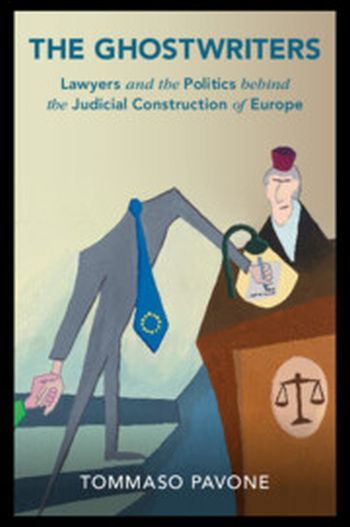
The European Union is often depicted as a cradle of judicial activism and a polity built by courts. Tommaso Pavone shows how this judge-centric narrative conceals a crucial arena for political action. Beneath the radar, Europe's political development unfolded as a struggle between judges who resisted European law and lawyers who pushed them to embrace change. Under the sheepskin of rights-conscious litigants and activist courts, these “Euro-lawyers” sought clients willing to break state laws conflicting with European law, lobbied national judges to uphold European rules, and propelled them to submit noncompliance cases to the European Union's supreme court – the European Court of Justice – by ghostwriting their referrals. By shadowing lawyers who encourage deliberate law-breaking and mobilize courts against their own governments, The Ghostwriters overturns the conventional wisdom regarding the judicial construction of Europe and illuminates how the politics of lawyers can profoundly impact institutional change and transnational governance.